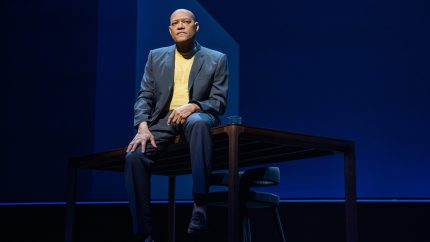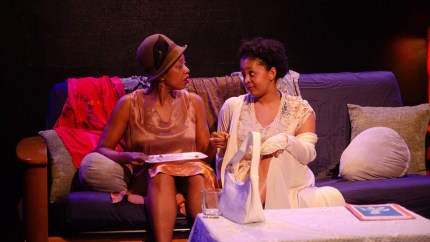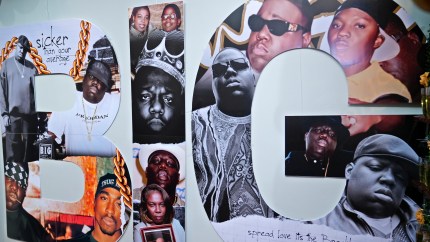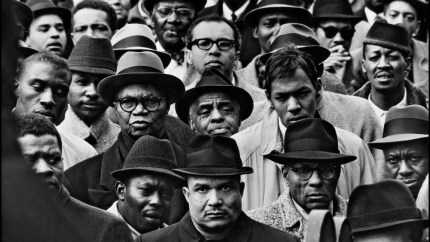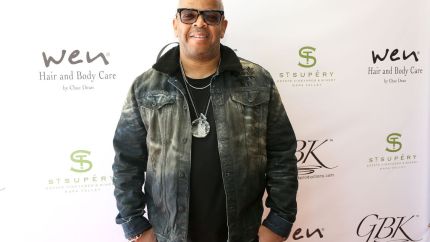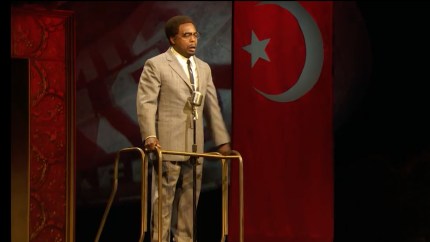The Met’s revival of ‘Fire Shut Up in My Bones’ brings the complexity of Black manhood to the operatic stage
After a history-making 2021 debut, "Fire Shut Up in My Bones" returns to New York's Metropolitan Opera with a gripping take on Charles Blow's bestselling memoir.
The core cause of Charles Blow’s inner conflict in the Metropolitan Opera’s “Fire Shut Up in My Bones” stems from sexual abuse, a subject egregiously overlooked when it comes to African-Americans — and for Black males, in particular. Actor Laurence Fishburne explored his own adolescent molestation in last month’s one-man play, “Like They Do in the Movies,” shining another spotlight where precious little exists about the assault of Black boys. The first work staged at the Met by a Black composer (Terence Blanchard, with a libretto by Kasi Lemmons) in its 138-year history when it debuted in 2021, “Fire Shut Up in My Bones” got there first. Returning now with all the majesty and pathos of its initial run, the opera makes a welcome return.
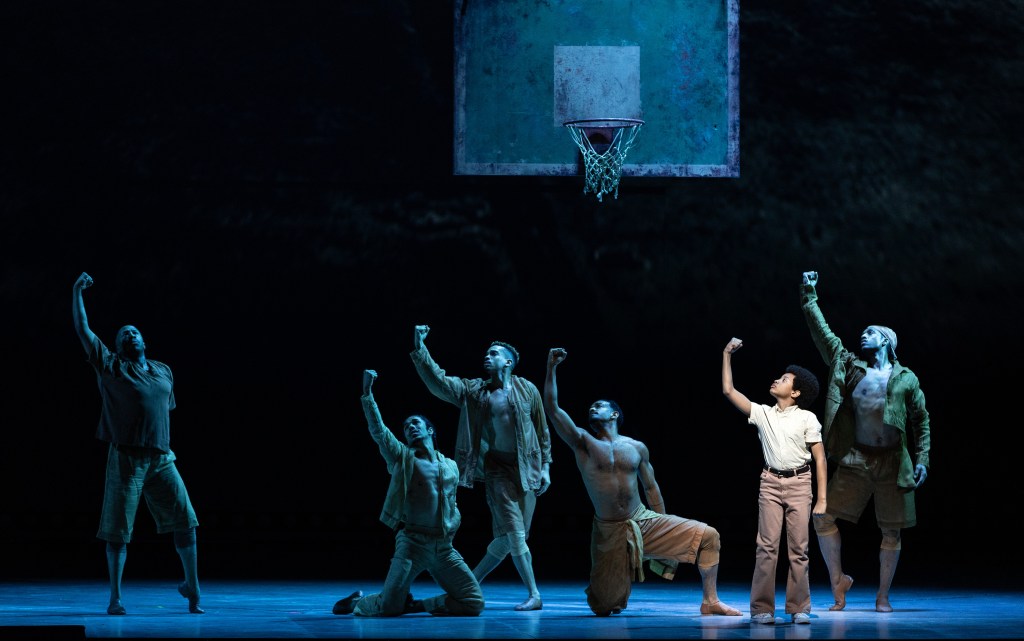
A Kappa Alpha Psi fraternity step show opening Act III elevates the production in all the right ways, with 12 dancers bringing pure Black culture to the highbrow halls of one of the world’s preeminent opera houses. The moment arrives as Charles first matriculates at Grambling State University, an HBCU a stone’s throw from his childhood home in rural Louisiana. His pledging of the frat mirrors the earlier loss of his virginity to a local girl, Evelyn, in Act II, a rite of passage to manhood that also fails to quell his inner demons. But the ritual brings into question the various ways Black males feel the need to “man up” in American society, and the turmoil that often lies underneath the bluster.
Opening with Charles (bass-baritone Ryan Speedo Green) holding the audience at gunpoint in a narrative flash-forward, “Fire Shut Up in My Bones” sets out its conflict from the start: our lead wants revenge. Eventually, as 20-year-old Charles trails his 7-year-old self (treble Ethan Joseph as Char’es-Baby) throughout his boyhood life in the Louisiana backwoods, we learn its particulars. Raised as the youngest, most sensitive of five boys by his mother Billie (soprano Latonia Moore), he’s continually called a baby, ostracized by his brothers and initially even kept out of school in order to stay under the watchful eye of his somewhat distant mom and Uncle Paul (played by bass-baritone Kevin Short).
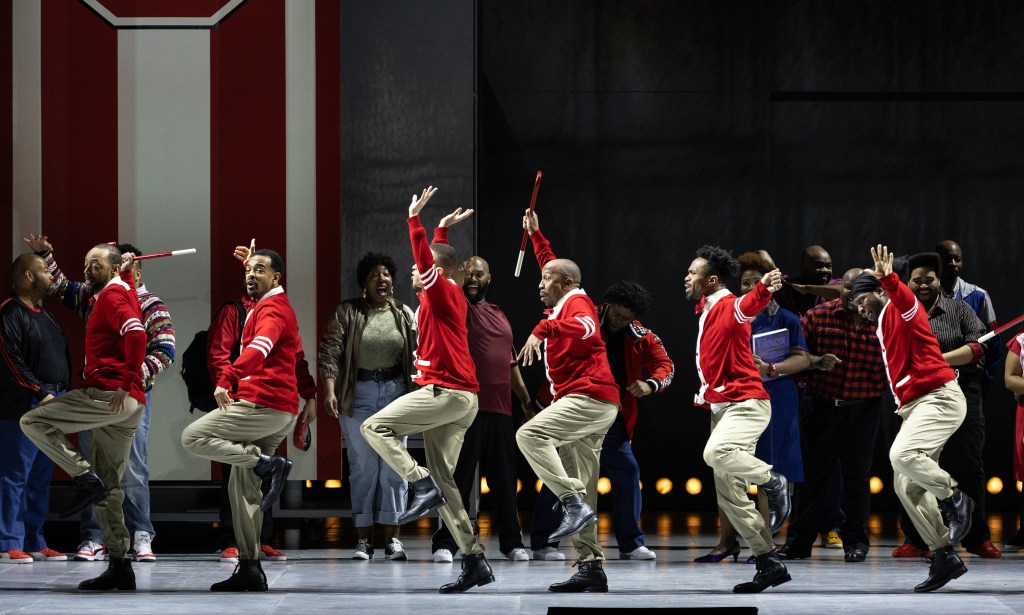
Drama ensues between Billie and Charles’ wayward father, Spinner (tenor Chauncey Packer), a ne’er-do-well womanizer who winds up at the business end of his wife’s pistol more than once in Act I. But the opera’s central conflict arrives with visiting cousin Chester (tenor Daniel Rich), who showers lonely Char’es-Baby with the attention he’s been starved of before ultimately abusing the boy in bed. The fraught violation happens inexplicitly: a projection of Char’es-Baby’s angst-ridden face reveals all as the cousins stand static in his bedroom.
Recommended Stories
From this tragic event, Charles embarks on a hero’s journey of sorts, searching to settle his feelings of anger and confusion. He’s literally trailed through the production at different moments by Destiny and Loneliness, both played by soprano Brittany Renee (who assumes a third role as Charles’s Grambling hook-up, Greta). Charles repeats the word “shame” in several scenes, a defining feeling in the character’s life until the opera’s resolution. Being baptized in a church-set sequence during Act II doesn’t lift his burden. Struggling with his bisexual identity doesn’t get any easier after relationships with either Evelyn or Greta; one of the best sequences of the opera involves choreography by men dancing through Charles’ teenage dreams, representing his conflicted sexual struggle.
In the end, “Fire Shut Up in My Bones” interjects sexual abuse and queer sexuality in the lives of African-American men into the refined canon of opera, where they always might’ve lived, were it not for the dictates of racism and homophobia, shutting them out. Charles Blow’s operatic coming of age marks a great beginning for diversity and inclusion at the Met, including “X: The Life and Times of Malcolm X,” “Champion,” and the upcoming “El Niño” (a retelling of the Nativity story featuring Black opera singers Julia Bullock, J’Nai Bridges, Davóne Tines and Key’mon W. Murrah). Let’s hope it continues.
“Fire Shut Up in My Bones” runs at the Metropolitan Opera until May 2.
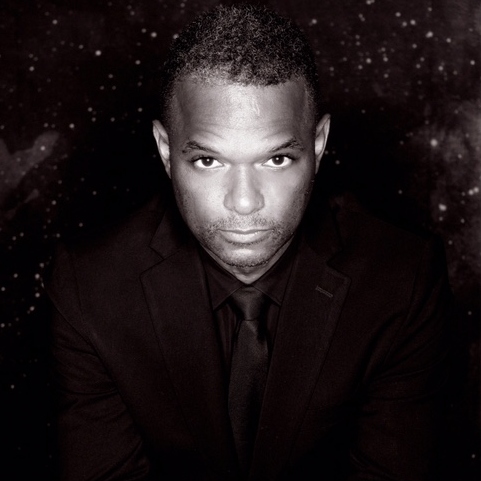
Miles Marshall Lewis (@MMLunlimited) is an author and Harlem-based cultural critic whose work has appeared in The New York Times Magazine, GQ, Rolling Stone and many other outlets. Lewis is currently finishing a cultural biography of comedian Dave Chappelle, his follow-up to Promise That You Will Sing About Me: The Power and Poetry of Kendrick Lamar.

